

— About Us —
—Products—
 Consumer hotline +8618073152920
Consumer hotline +8618073152920 WhatsApp:+8615367865107
Address:Room 102, District D, Houhu Industrial Park, Yuelu District, Changsha City, Hunan Province, China
Factory scene
Time:2024-02-16 17:33:40 Popularity:1226
A leaf wetness sensor, also known as a hydrosensor or leaf wetness detector, is a device used to measure the presence and duration of moisture on the surface of leaves or other plant parts. It is primarily employed in agricultural and horticultural applications to monitor and manage plant disease risks, irrigation needs, and overall plant health.
Leaf wetness sensors typically consist of one or more electrodes or conductive surfaces that are sensitive to the presence of water. When moisture comes into contact with the sensor, it creates a conductive path between the electrodes, generating an electrical signal that indicates the presence of leaf wetness. The sensors are designed to detect the formation and persistence of liquid water on the leaves, as opposed to simply detecting humidity or rainfall.
These sensors are often integrated into weather stations or environmental monitoring systems and provide real-time data on leaf wetness conditions. This information is valuable for several reasons:
1. Plant Disease Management: Many plant diseases, such as fungal infections, thrive in humid conditions. By monitoring leaf wetness, farmers and gardeners can assess the risk of disease development and apply appropriate control measures, such as adjusting irrigation practices or applying fungicides.
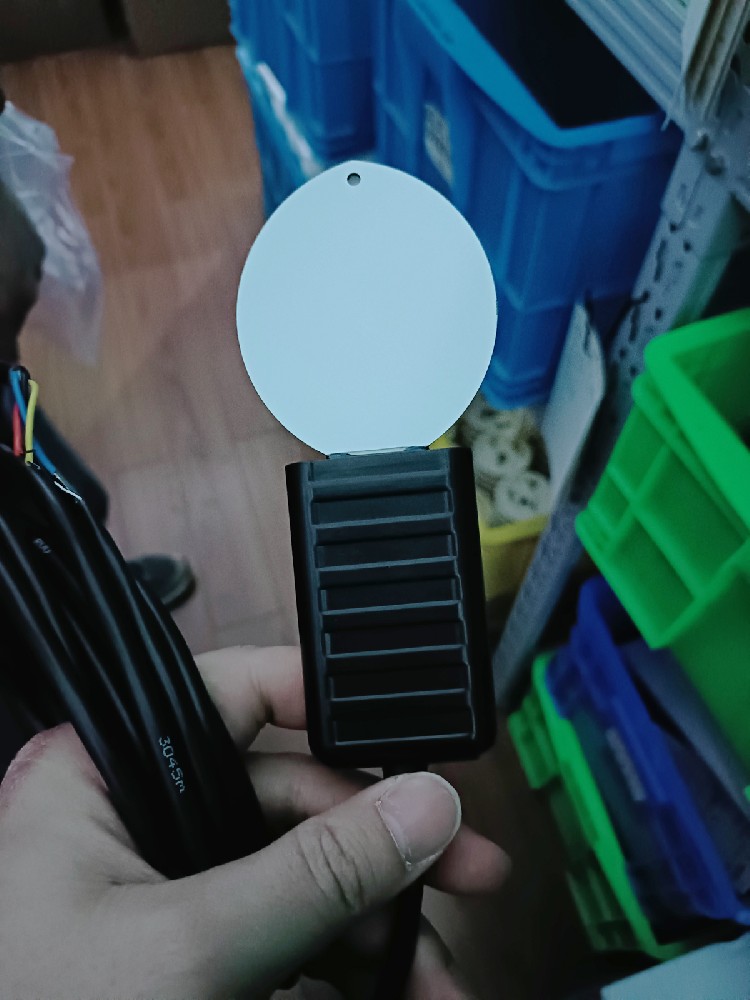
2. Irrigation Optimization: Leaf wetness sensors can help determine the timing and amount of irrigation needed by plants. They provide insights into the actual moisture levels experienced by the foliage, enabling more precise irrigation scheduling and preventing over- or under-watering.
3. Plant Stress Assessment: Continuous monitoring of leaf wetness can also serve as an indicator of plant stress. Excessive or prolonged leaf wetness can lead to physiological stress and affect photosynthesis and plant growth. Monitoring leaf wetness levels allows for early detection of stress and the implementation of remedial actions.
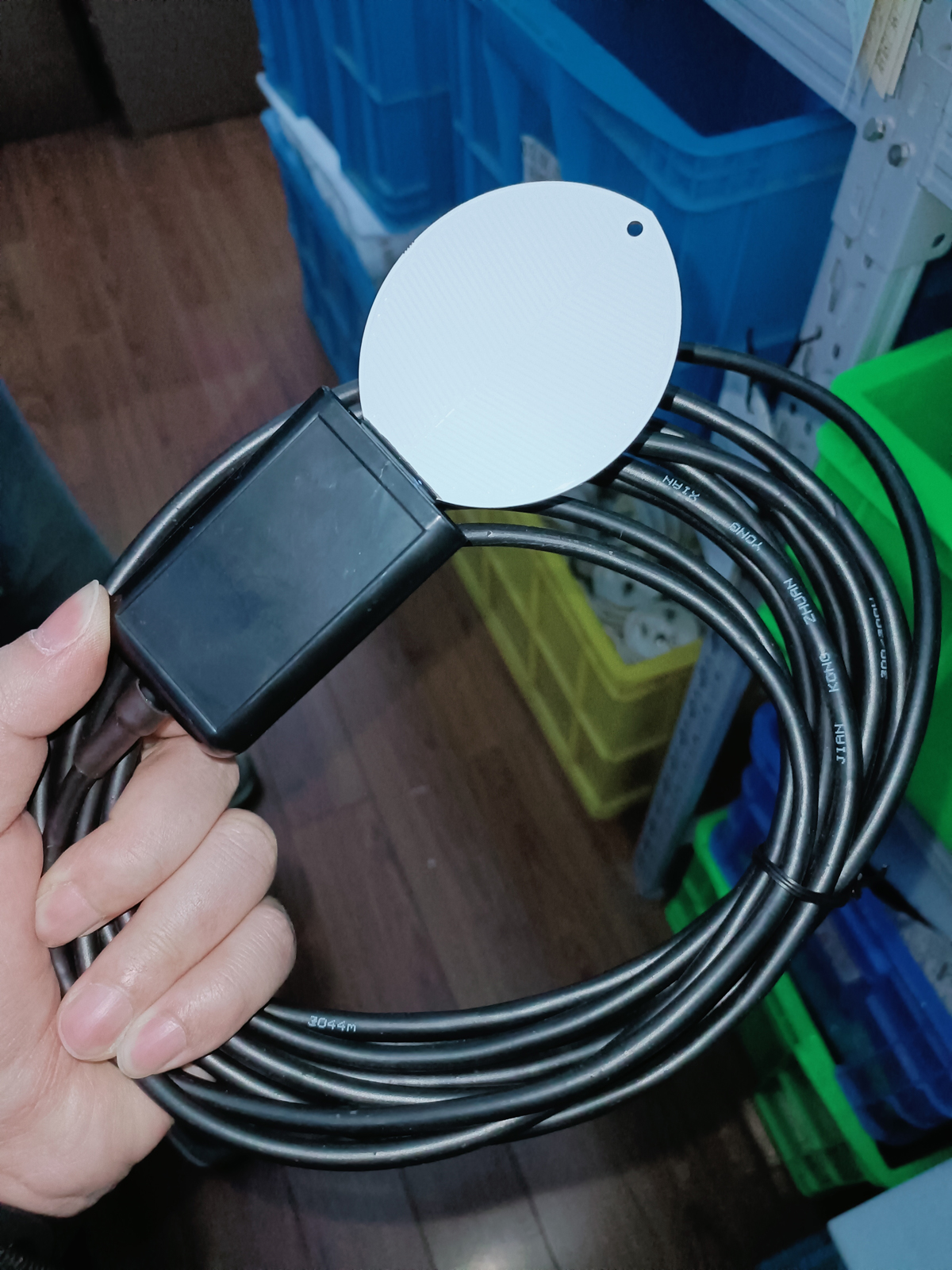
4. Research and Crop Modeling: Leaf wetness data is useful for researchers studying plant physiology, crop modeling, and broader ecological studies. It helps in understanding plant responses to environmental conditions and improving crop management practices.
By utilizing leaf wetness sensors, growers and researchers can make informed decisions regarding disease control, irrigation strategies, and overall plant health management. This leads to improved crop yield, reduced water usage, and optimized resource allocation.
Related recommendations
Sensors & Weather Stations Catalog
Agriculture Sensors and Weather Stations Catalog-NiuBoL.pdf
Weather Stations Catalog-NiuBoL.pdf
Related products
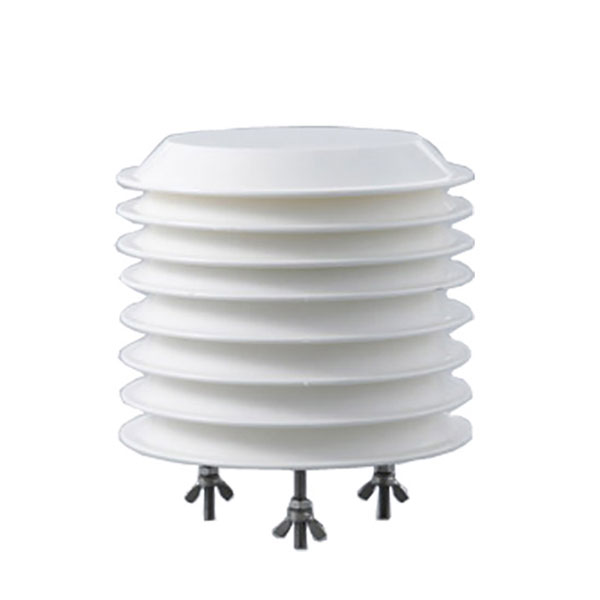 Combined air temperature and relative humidity sensor
Combined air temperature and relative humidity sensor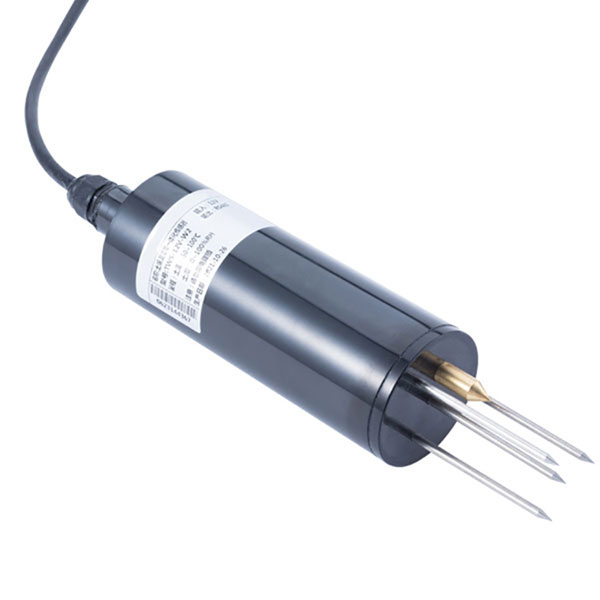 Soil Moisture Temperature sensor for irrigation
Soil Moisture Temperature sensor for irrigation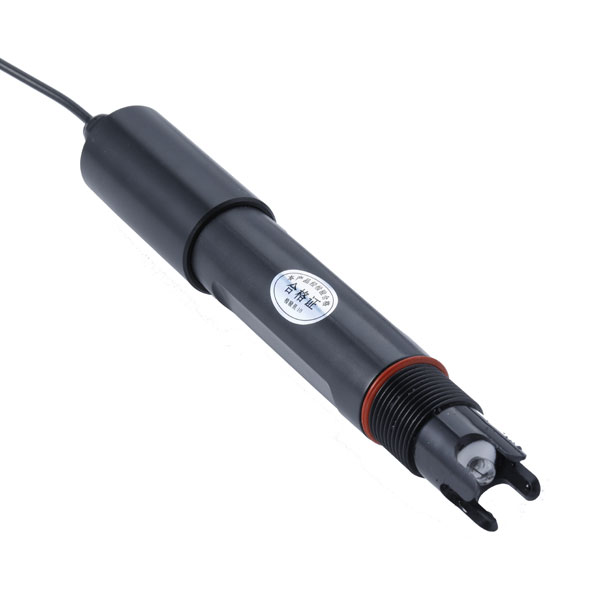 Soil pH sensor RS485 soil Testing instrument soil ph meter for agriculture
Soil pH sensor RS485 soil Testing instrument soil ph meter for agriculture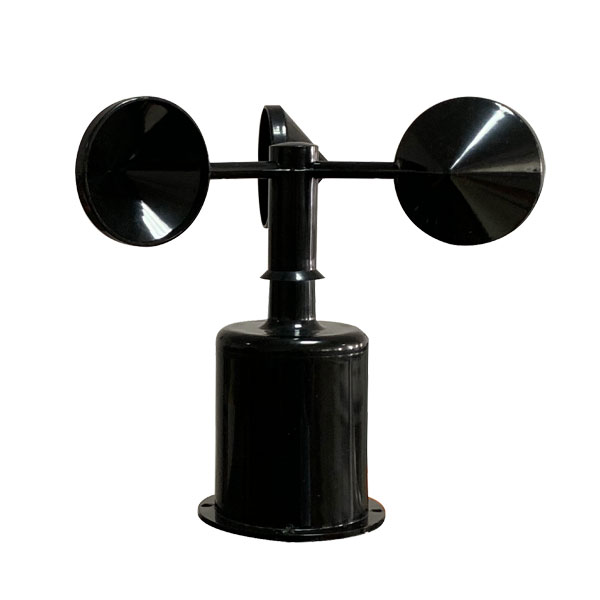 Wind Speed sensor Output Modbus/RS485/Analog/0-5V/4-20mA
Wind Speed sensor Output Modbus/RS485/Analog/0-5V/4-20mA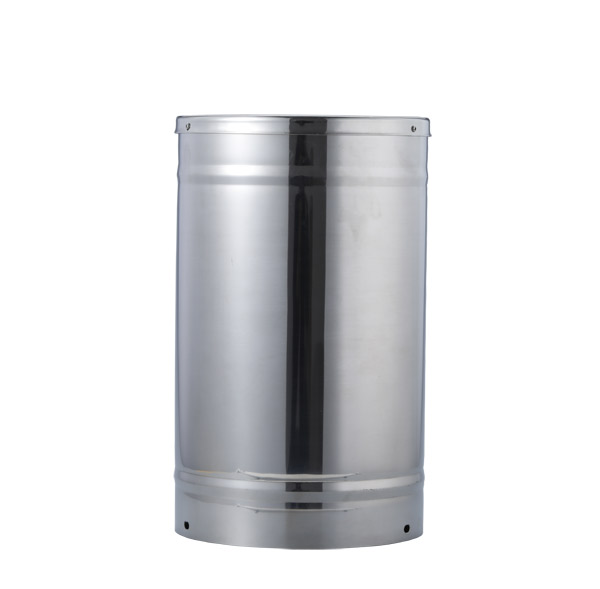 Tipping bucket rain gauge for weather monitoring auto rainfall sensor RS485/Outdoor/stainless steel
Tipping bucket rain gauge for weather monitoring auto rainfall sensor RS485/Outdoor/stainless steel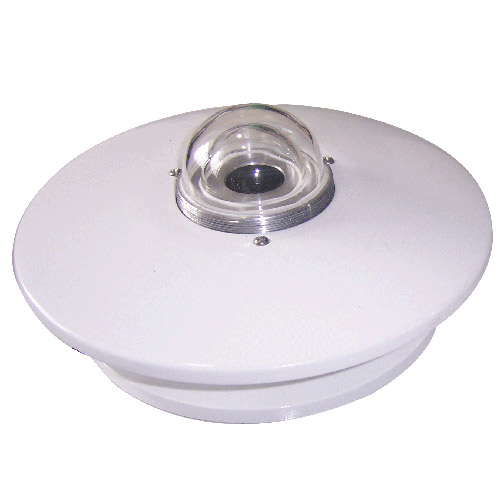 Pyranometer Solar Radiation Sensor 4-20mA/RS485
Pyranometer Solar Radiation Sensor 4-20mA/RS485
Screenshot, WhatsApp to identify the QR code
WhatsApp number:+8615367865107
(Click on WhatsApp to copy and add friends)
